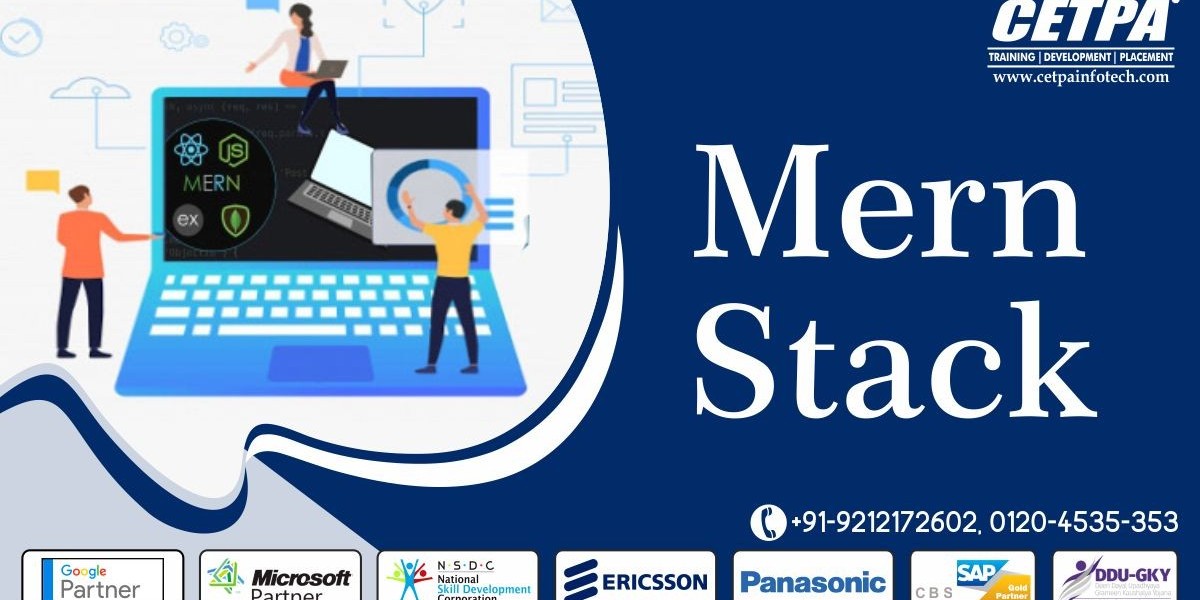What is a Solar Water Heating System?
A solar water heating system uses sunlight to heat water for domestic, commercial, or industrial use. It consists of solar collectors (usually installed on rooftops), insulated storage tanks, and a circulation system that transfers the heated water to where it’s needed. Unlike conventional water heaters that rely on electricity or fossil fuels, solar heaters use clean, renewable energy, significantly cutting down greenhouse gas emissions.
These systems work effectively in most climates, and with modern designs, they can operate efficiently even in cooler regions. By utilizing free sunlight, they offer long-term savings on energy bills and reduce dependence on non-renewable resources.
Types of Solar Water Heating Systems
There are two main types:
Active Systems – These use pumps or controllers to circulate water or heat-transfer fluids through the collectors and into the storage tanks.
Passive Systems – These do not require pumps and rely on natural convection to move the water.
Each type has its own benefits, and the choice depends on factors like climate, installation cost, and specific usage requirements.
Benefits of Solar Water Heating
Lower Energy Bills – After the initial installation, operating costs are minimal.
Environmentally Friendly – Reduces reliance on fossil fuels and lowers carbon emissions.
Low Maintenance – Durable components require minimal servicing.
Long Lifespan – Quality systems can last 20 years or more with proper maintenance.
Solar Energy in Industrial Applications
The industrial sector is one of the largest consumers of energy, and a growing number of businesses are turning to Solar industrial solutions to meet their high energy demands sustainably. Solar energy is used for various purposes, including process heating, water heating, space heating, and even powering machinery.
Industries like food processing, textiles, pharmaceuticals, and chemicals often require large volumes of hot water or steam. Solar thermal technology can supply this heat efficiently without the recurring costs associated with traditional fuels. In some cases, solar photovoltaic (PV) systems are also installed to generate electricity for lighting, equipment, and other operational needs.
Advantages for Industries
Cost Reduction – Reduces dependence on grid electricity or costly fuels.
Energy Security – Provides a reliable source of energy, especially in areas with high sunlight exposure.
Compliance and Green Credentials – Many industries are required to meet sustainability targets, and solar solutions help achieve these goals.
Scalability – Systems can be scaled to match the specific energy requirements of a facility.
Installation Considerations
For both water heating and industrial solar projects, proper planning is essential. Factors such as sunlight availability, space for installation, energy demand, and local regulations should be assessed before starting. Working with an experienced solar provider ensures correct system sizing, efficient installation, and long-term reliability.
Government Incentives and Support
In many countries, including India, there are subsidies, tax rebates, and soft loans available for solar water heating and industrial solar projects. These incentives significantly lower the upfront costs, making it easier for homeowners and businesses to make the switch. Net metering policies and renewable energy certificates further add value to the investment.
Conclusion
Switching to solar technology for heating water or powering industrial processes is a smart decision for anyone looking to reduce costs and promote environmental sustainability. A solar water heating system not only saves money but also reduces reliance on non-renewable energy sources. Meanwhile, solar industrial solutions provide businesses with a powerful tool to improve efficiency, meet green targets, and future-proof their operations.
By investing in solar energy today, both individuals and industries can enjoy long-term benefits while contributing to a cleaner, greener planet.







